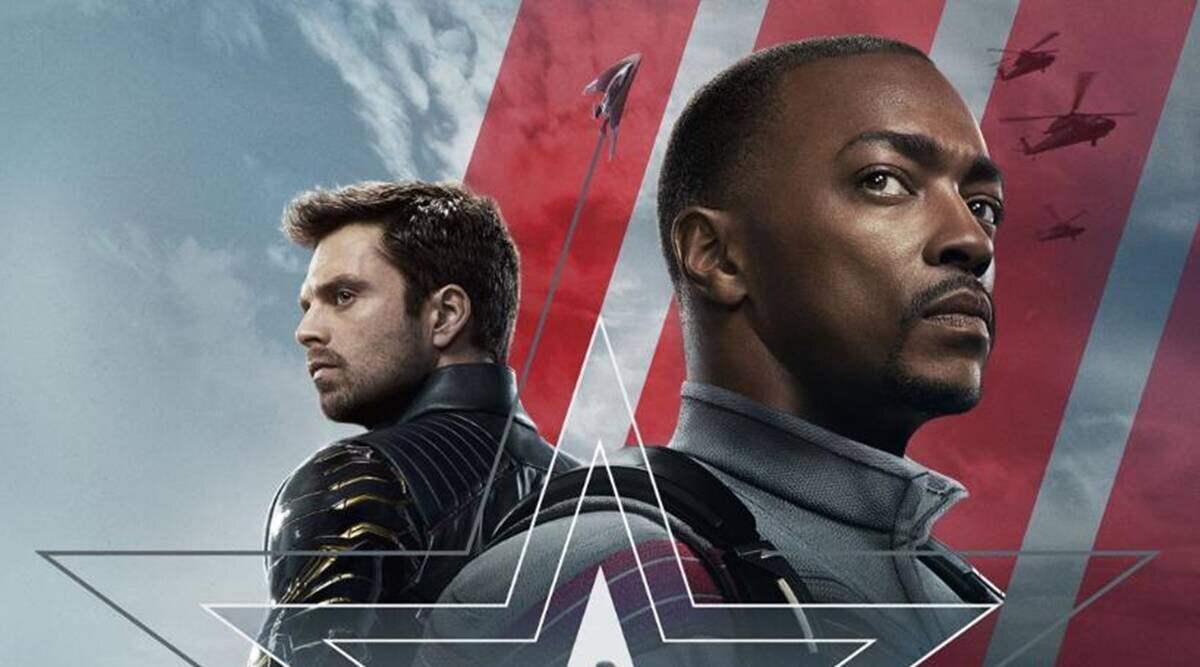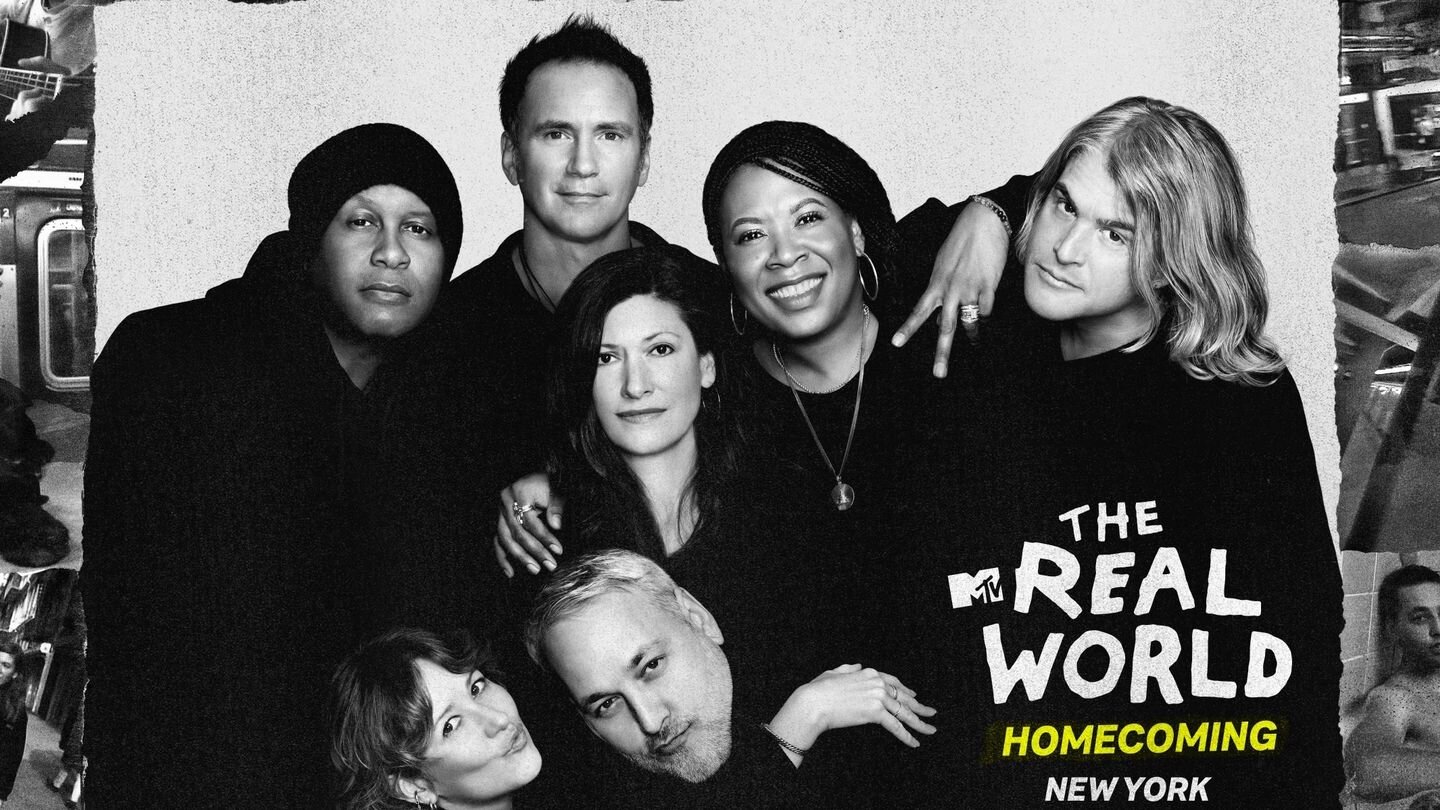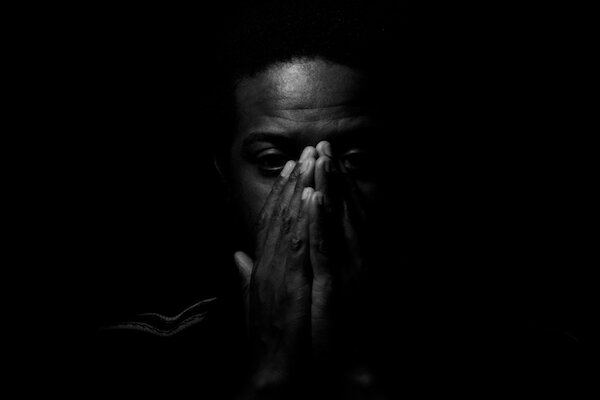Our Spilt Milk: The Falcon Footage and "Seaspiracy" Appeal

Our favorite things this week include “The Falcon and The Winter Soldier” and the controversial Netflix documentary.
[Spoilers abound] Midway through its six-episode run, I was surer that I was going to write about The Falcon and the Winter Soldier than I was once it finished. The story once seemed so overstuffed as to be impossible to land in a six-episode series, but the last episode felt done with 20 minutes to go. The tension of the first four episodes broke when the story shifted away from Europe and Zemo and returned to America, where the narrative tissue got a little slack. It even broke its political thriller vibe for an ‘80s training montage. Still, I liked the series because it aspires to be meaningful and because it gets a lot right along the way.
That’s an accomplishment because the show’s built around an absence. Two Captain America sidemen try to figure out what do without him—that’s the series, and as its closing credits make clear, its purpose was to give us the new Captain America. That’s a lot of machinery to move, and since Falcon/Sam Wilson is Black, the series has to deal with how and why he would become America’s symbol. Credit Marvel for hiring Black show runner Malcolm Spellman for the series, and credit him for not flinching and not only folding in hard truths but showing how they land differently for Wilson and Bucky, The Winter Soldier. They both may be superheroes, but even that rarified, shared status can’t erase the differences caused by race.
In general, the parts are better than the whole. The whole United Shades of Benetton Flag Smashers (Thanks to DJ BenHaMeen for locking that shorthand in my brain) plot never really made sense, and Wilson winning over the country with a good, old-fashioned lecture is a fiction, as we learned by the way America refused to tighten up after four years of Professor Obama.
But commentators have been writing since the George Floyd trial about the sad importance of the video evidence, as if the word of Black people is inherently suspicious unless corroborated by gruesome footage, and that theme resurfaces in the show. Falcon becomes the country’s new Captain America when bystanders similarly use their phones to record him saving a truck full of diplomats. Earlier in the series, the John Walker Captain America was accepted on the strength of a PR roll-out; Sam Wilson had to stop a truckload of people from plunging to their deaths to get the same love.
While watching the series, I also listened to For All Nerds’ Views from the 616 podcasts, which breaks down superhero content from the perspective of people of color, and it made an excellent companion to the series. Tatiana King and DJ BenHaMeen took conversations into the realms of propaganda, militarism, and imperialism and they questioned the real world implications of superheroes while remaining true to their fan roots. It was the kind of breakdown that The Falcon and the Winter Soldier at its best merited. (Alex Rawls)
Recently I watched the Netflix documentary Seaspiracy that exposed the commercial fishing industry as one of the top contenders in the destruction of our oceans. The filmmaker and star of the documentary Ali Tabrizi jumps around, touching on the slaughter of dolphins, shark finning, bycatch, and industrial waste with it all leading back to the commercial fishing industry. He ends the exposé with a call to action, contending that the only way we can undo this damage is to stop eating fish entirely and take up a plant-based diet.
The film has made waves, not only from dedicated viewers but from critics as well. The film has been called out numerous times for inaccuracies and misrepresentations that were hard for me to process because I was moved by the film, which I’m guessing was many other viewers’ experience. I was flabbergasted by the “facts” and immediately texted my friends that this film was a must-see before checking its credibility. The deeper I dug into the research, the more confused I was, and this is what’s so difficult about conspiracy theories: Every source appears compromised or has ulterior motives, and when awkward truths are complicated, complex theories that suggest we’re being thwarted by dark forces feel emotionally if not actually accurate.
Conspiracy theories provide an escape from impersonal reality as they lay out a world where we’re part of a larger drama, fighting actual evil. People will get incredibly invested in these theories and purposely avoid contradictory evidence because it’s hard to deal with and they can’t fathom letting their theory go. Doing so would make their lives less dramatic, and what’s so attractive about many of these what ifs is that they will remain debatable, at least for those who want them to stay that way.
As for Seaspiracy, the film does something right to get so many people to buy in so quickly. Although many of the interviews and facts are potentially skewed, the film drove home the point that our oceans are in peril. The controversy that accompanied is a reminder of how important it is to do your homework. (Jillian Fontana)
Creator of My Spilt Milk and its spin-off Christmas music website and podcast, TwelveSongsOfChristmas.com.






